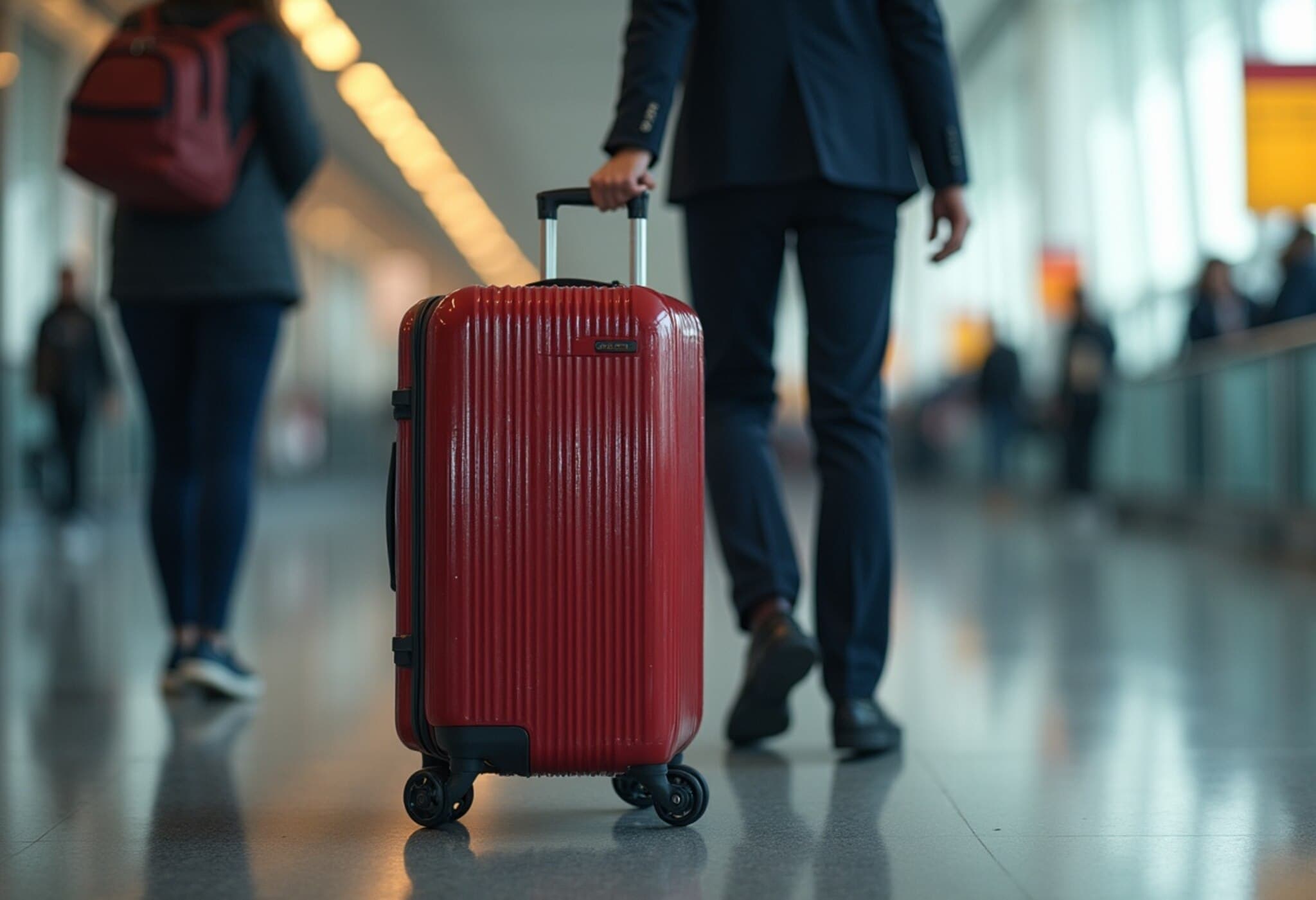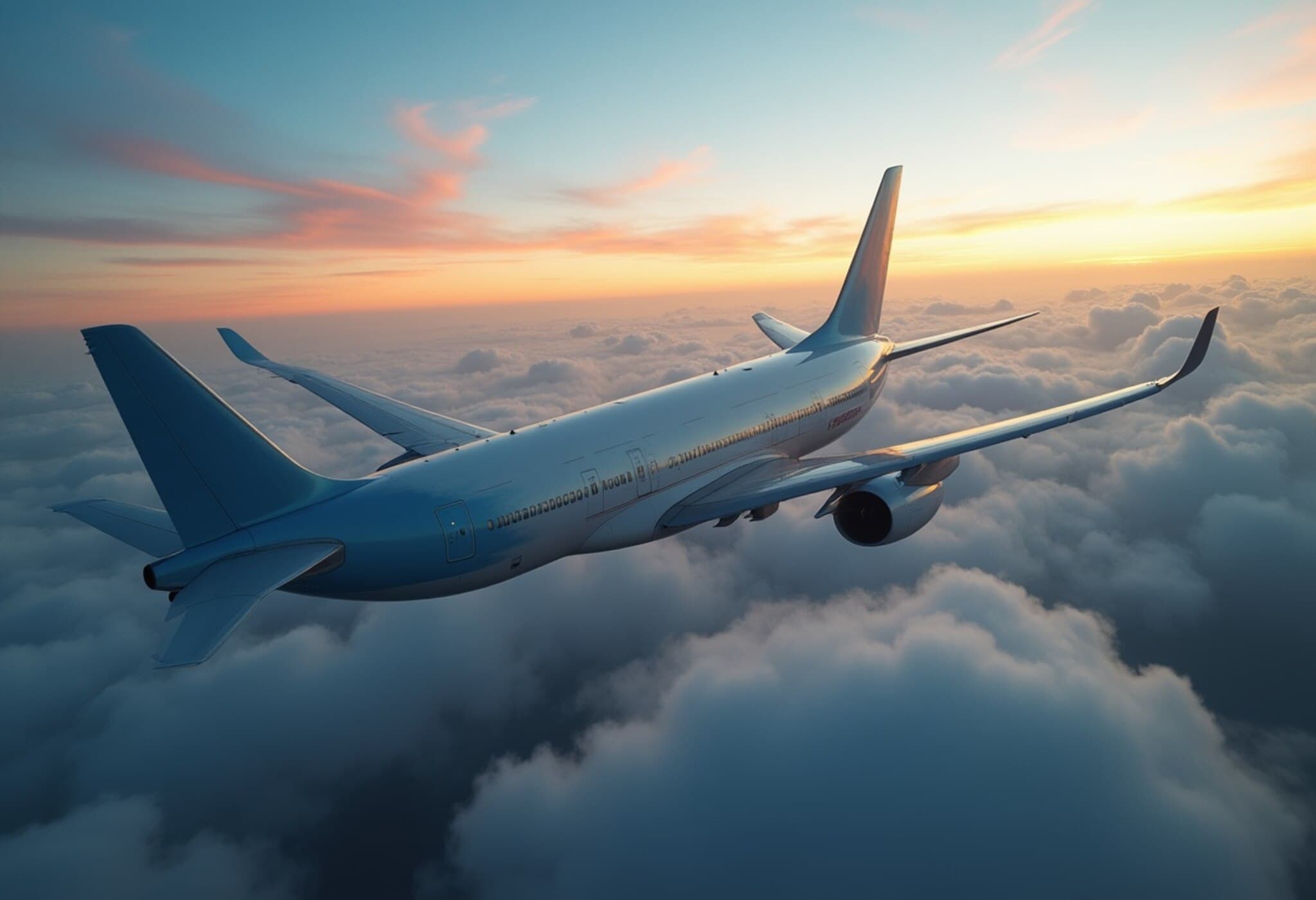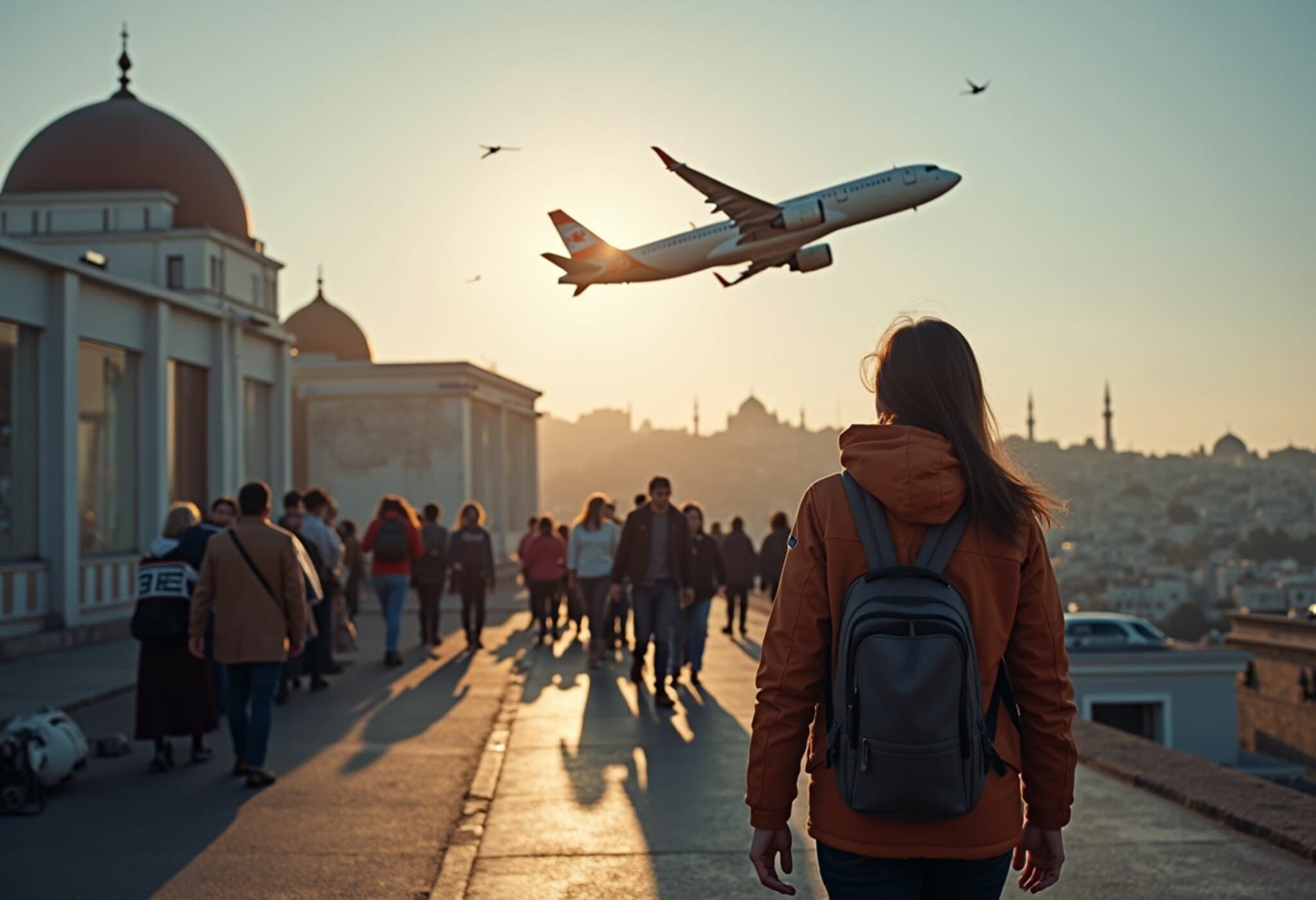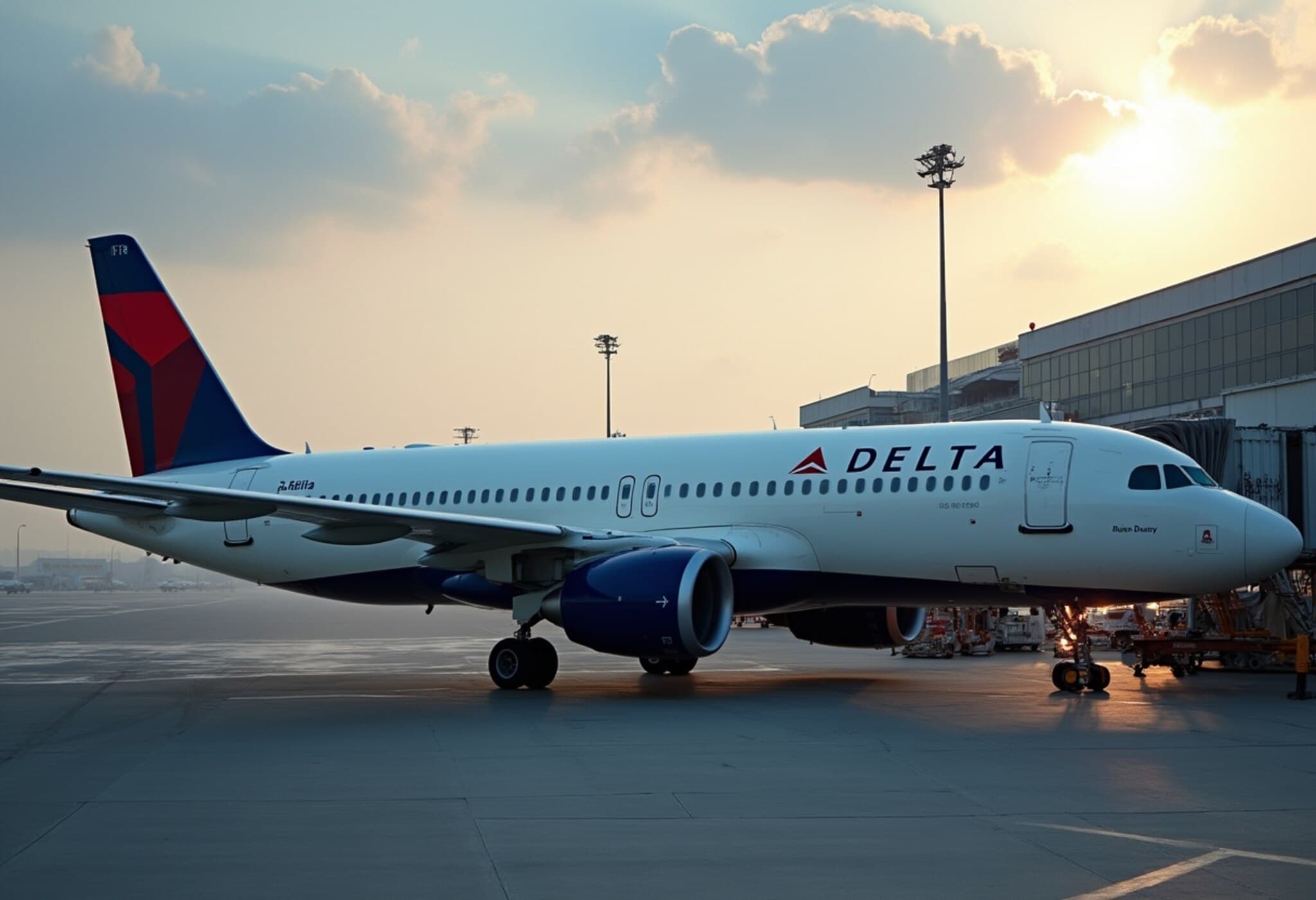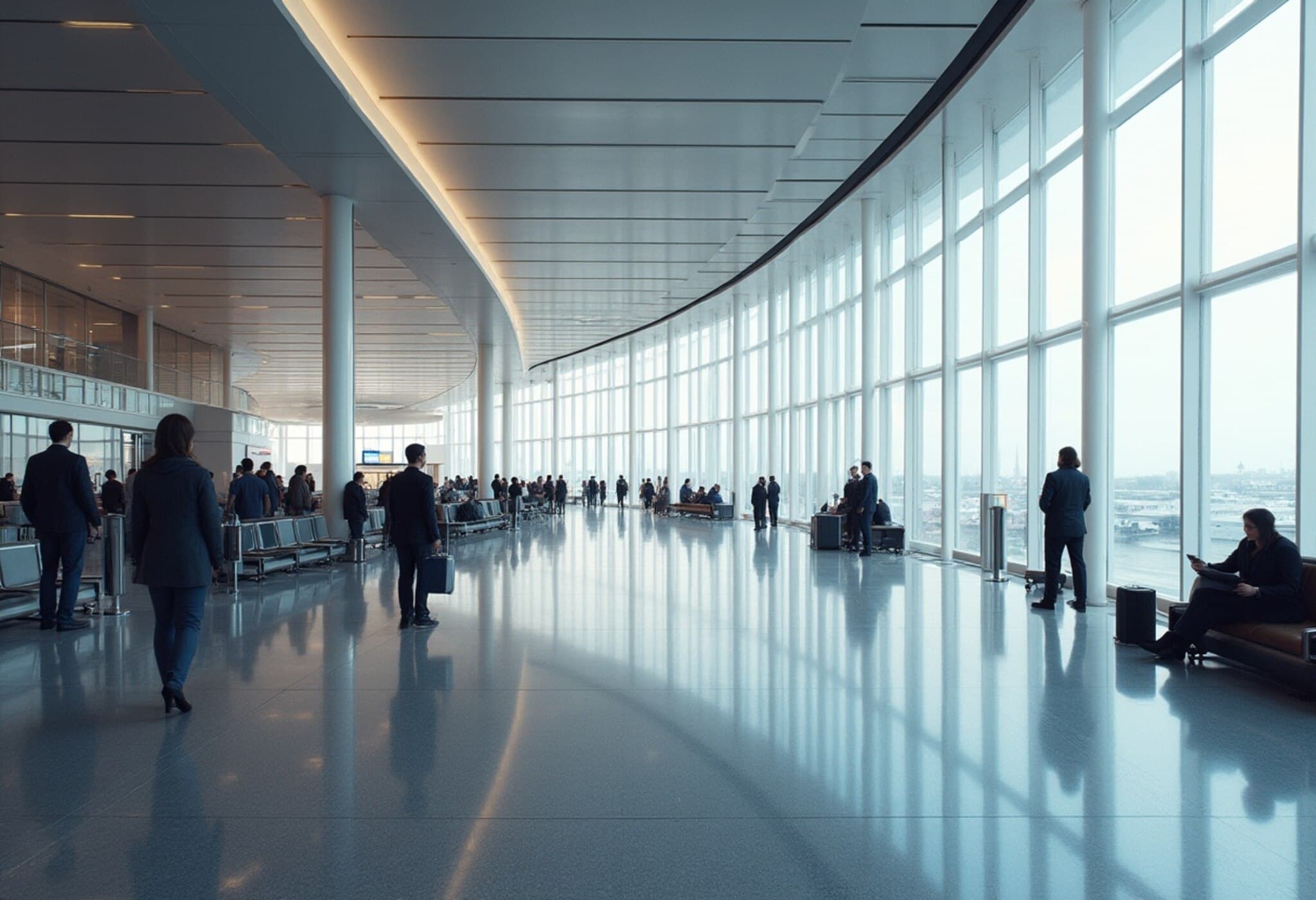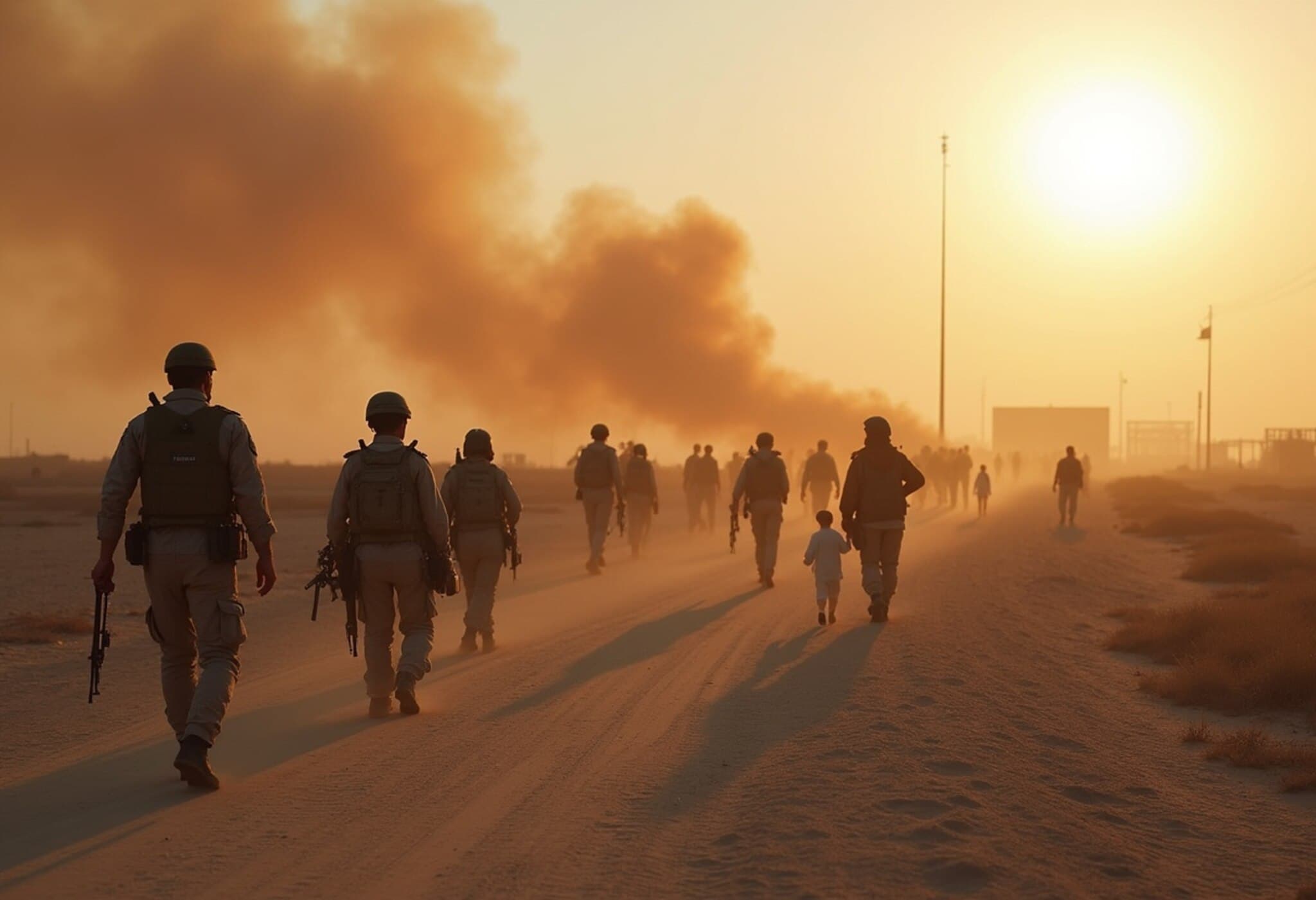Virgin Atlantic Responds to Viral Claims of Soiled Luggage at JFK Airport
What began as a shocking social media video showing baggage seemingly covered in fecal matter at New York’s John F. Kennedy International Airport has quickly stirred public outrage and confusion. Passengers arriving on a Virgin Atlantic flight from Heathrow reported seeing their luggage stained and emitting a foul odor at the baggage claim area.
The Incident That Sparked a Viral Storm
A passenger named Sosan posted a video capturing multiple bags on the conveyor belt marked with light brown splatters, describing her shock and disbelief in a heartfelt comment: "I literally went into shock. I couldn't believe my eyes and nose." Others echoed her sentiments, reporting that children’s belongings were also affected. Complaints about lack of cleaning supplies or compensation at the airport added fuel to the fire, leading to widespread condemnation online.
Virgin Atlantic's Official Statement: Not What It Seemed
Amid mounting concerns, Virgin Atlantic issued a clarifying statement denouncing the rumors that the stains were human excrement originating from the plane's lavatory systems. The airline attributed the contamination to grease leaked from a broken pipe within the JFK terminal’s baggage handling area, not to any onboard waste disposal mishap.
“We're aware of a system failure at JFK that affected the luggage of a small number of arriving customers on July 14,” a spokesperson said. “We sincerely apologize for the inconvenience and are collaborating with airport authorities to resolve the issue.”
Understanding Airport Baggage Handling Complexities
This incident puts a spotlight on the hidden challenges of airport baggage systems. Handling thousands of bags under tight schedules means technical malfunctions can cascade quickly. Moreover, questions have arisen about how the visibly soiled bags were allowed to reach passengers without prior notification or containment measures. Passengers criticized the airport staff for lacking immediate solutions like sanitary wipes or bag replacements, instead directing them to submit formal complaints via email.
Safety Protocols for Aircraft Waste Disposal
It's important to note that aeronautical regulations mandate that aircraft toilets be emptied strictly at designated biohazard stations, typically off the aircraft and away from passenger view. This protocol is designed to avoid exactly the kind of contamination concerns raised here. Experts say the combination of airport pipe failures and baggage conveyor systems seems a more plausible cause for the incident.
Broader Implications: Passenger Trust and Airport Operations
At a time when airlines and airports are recovering from the pandemic’s impact, such incidents pose risks to traveler confidence and airport reputations. Transparency, swift remediation, and compassionate passenger care become essential in managing fallout. As urban transportation hubs grapple with aging infrastructure and rising passenger volumes, robust investment and oversight are paramount to avoid similar incidents.
What This Means for Passengers
- Passengers should inspect luggage carefully upon arrival and report any damage immediately.
- Airlines and airports must enhance communication to prevent panic and misinformation.
- Investments in baggage system maintenance and contingency protocols could prevent future disruptions.
Editor's Note
While Virgin Atlantic's clarification settles concerns about human waste, the episode raises pressing questions about airport infrastructure reliability and frontline staff preparedness to handle unexpected sanitary incidents. How can airports better equip themselves to swiftly manage such situations without compromising passenger dignity and safety? And what role should airlines play in being transparent and responsive beyond issuing generalized apologies?
This incident is a reminder that behind the seamless travel experience lies a complex web of logistics vulnerable to failure. Enhancing oversight and fostering open communication will be key to restoring passenger trust in an increasingly interconnected world.

